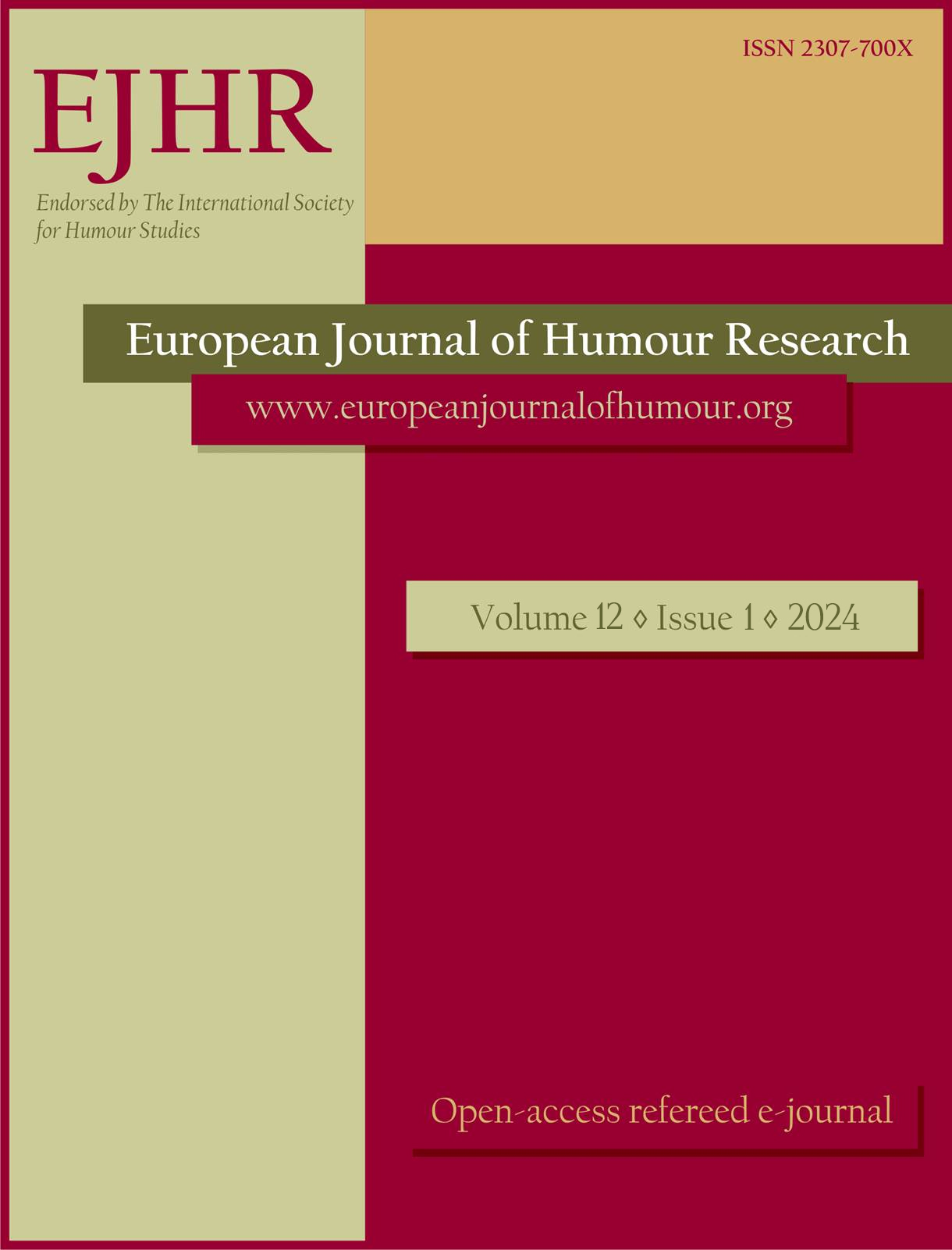Comic innocence
Comic innocence
Author(s): Dick ZijpSubject(s): Social Sciences, Language and Literature Studies, Applied Linguistics, Communication studies, Sociology, Sociolinguistics, Theory of Communication
Published by: Krakowskie Towarzystwo Popularyzowania Wiedzy o Komunikacji Językowej Tertium
Keywords: humour; innocence; ideology; woke; racism
Summary/Abstract: In recent years, humour has re-entered the public sphere as a serious and potentially explosive topic of debate, giving rise to social conflicts and controversies. Paradoxically,however, humour has at the same time been passionately (and often aggressively) defended as innocent and harmless. I propose the notion of ‘comic innocence’ to make sense of this paradox. I take Dutch and American studies of racism, white innocence and racial ignorance as a starting point to construct a theory of comic innocence, which is tested through the analysis of responses in both legacy and social media to a serious opinion article on humour(written by the author of this paper), which sparked a scandal in the summer of 2021. Ianalyse 265 tweets and a small number of related newspaper articles and blog posts to demonstrate the respondents’ “humour ideologies”. I argue that, in the context of the “re-politicisation of humour”, those who defend humour as innocent mobilise and re-articulate three older ideas on humour. First, they emphasise the overall positive psychological, social and political functions and effects of humour. Second, they believe that humour should be protected against a ‘woke’ culture of high sensitivity and censorship. Third, they argue that humour research is a joke, and humour scholars lack a sense of humour. The humour scholar appears in this debate as the most important source of danger: a humourless, left-wing scientist keen on curtailing and censoring humorous expression.
Journal: The European Journal of Humour Research
- Issue Year: 12/2024
- Issue No: 1
- Page Range: 116-134
- Page Count: 19
- Language: English

